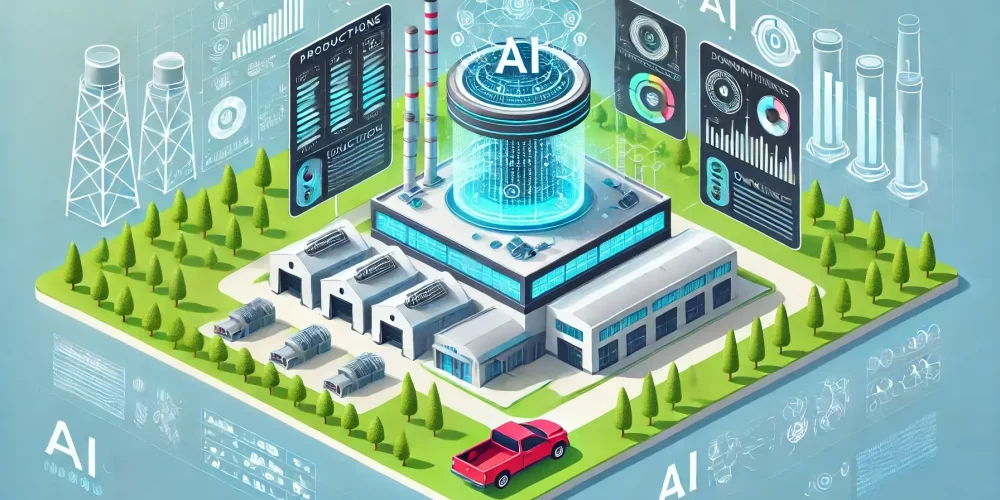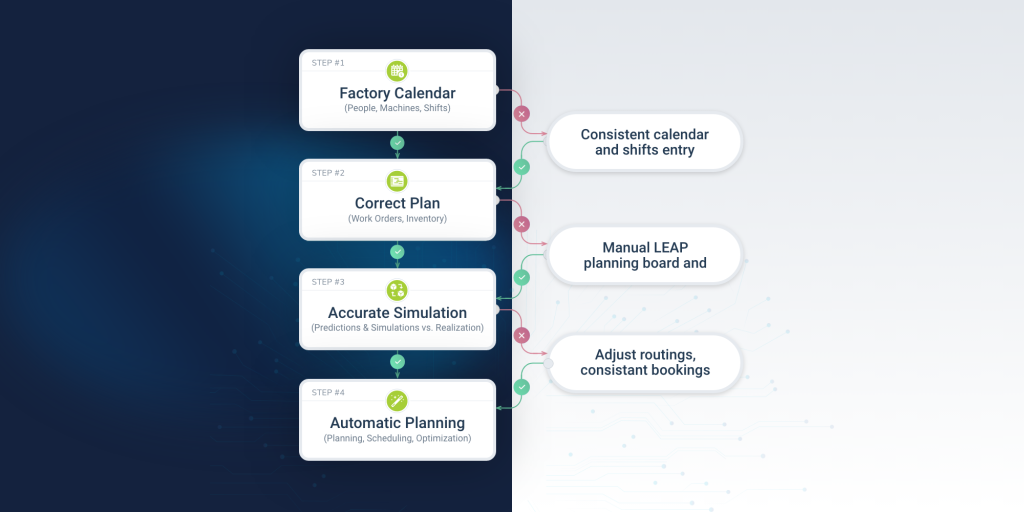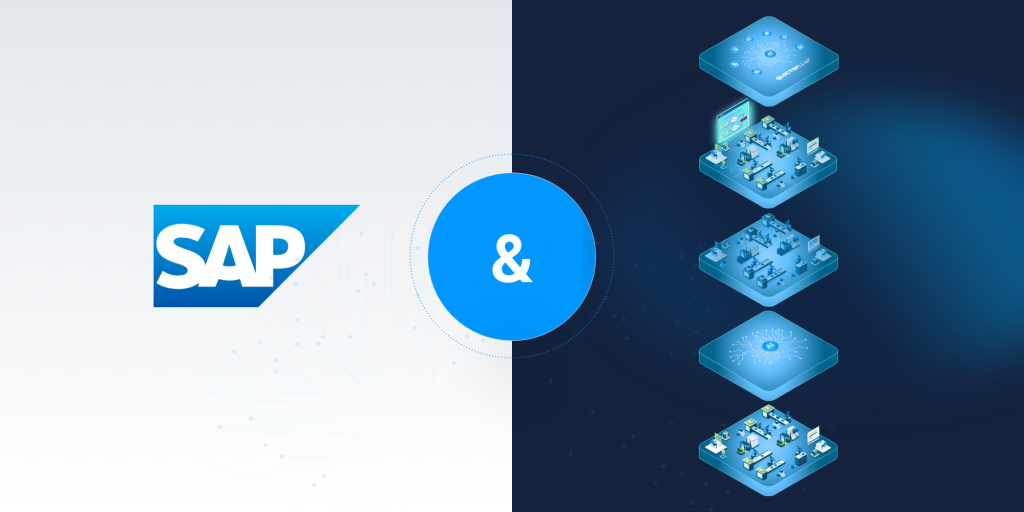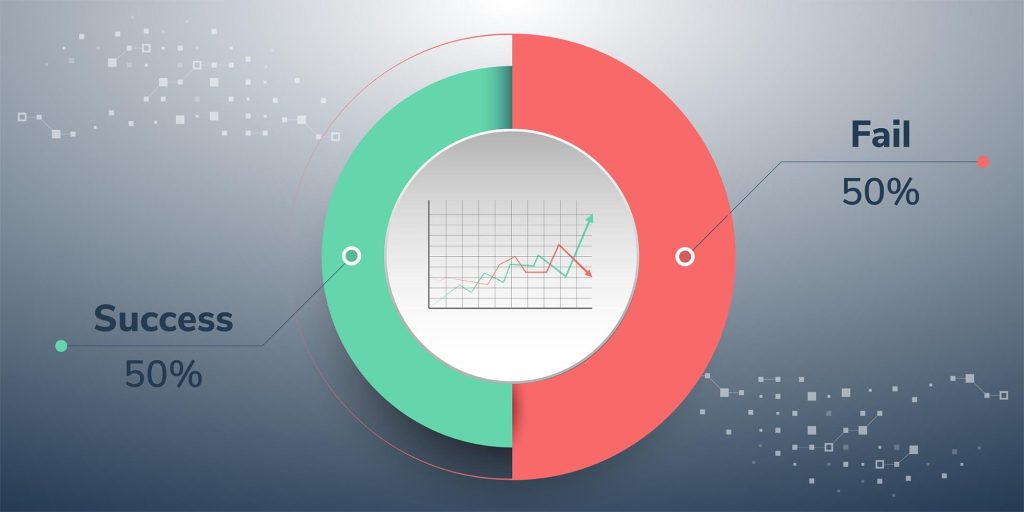Today, nearly every solution in smart manufacturing promotes AI as a key selling point. But how do you separate the wheat from the chaff and determine what can truly help you?
Large Language Models (LLMs) like ChatGPT are increasingly being integrated into daily workflows across various industries. From software developers to marketers and teachers, many professionals are finding ways to streamline tasks and boost productivity. But what about the manufacturing sector? Can a general-purpose LLM really be relied upon for precise and accurate production planning, scheduling, and optimization? Or even for cognitive assistance in these areas? The answer isn’t simple – here are some key reasons why.
Limited manufacturing knowledge
The first challenge with buzzwords like LLM and ChatGPT is that they lack the specialized knowledge and adaptability needed for production planning and scheduling activities, where precision and real-time decision-making are essential.
Inability to adjust
To make decisions in real-time and optimize your production, for example when machine breakdowns or supply chain disruptions occur, you need data in real-time to quickly adapt to changing conditions. In such cases, general LLMs are not the best choice.
Struggle to handle complex variables
While LLMs are helpful for general and simpler tasks, they struggle to handle complex variables such as production capacity, deadlines, and resource availability, making them ineffective for optimizing production systems.
Data security concerns
LLMs also pose significant concerns around data security, especially in manufacturing environments where sensitive data must be handled with strict confidentiality. Additionally, training LLMs to handle specialized tasks requires vast amounts of domain-specific data that many companies do not have. Even if the data is available, training LLMs is highly resource-intensive.
Risky unreliable outputs
LLMs often generate inaccurate or misleading outputs that can be risky in critical production scenarios. Many of us have experienced this firsthand, and that can be dangerous. Relying on systems that sometimes produce believable but incorrect answers could lead to poor decisions and costly inefficiencies.
Tailored AI for real-time production optimization
So, the main question is: How do you overcome these challenges and utilize AI in manufacturing? Firstly, it’s essential to choose an AI solution tailored for manufacturing environments, offering safe, reliable, and proven technology for production planning, scheduling, and optimization. To meet that demand, we developed our AI technology, purpose-built to tackle these dynamic environments, offering robust solutions for real-time production challenges.
Why are we trusted by leading corporations
Our journey with AI began in 2015 when experts from Slovenia’s renowned Jožef Stefan Institute (JSI) created the QMiner platform. This platform handled large-scale real-time data streams, capable of analyzing millions of data points, and laid the foundation for Qlector’s future success.
The story continues between 2015 and 2017 when QMiner was tested by major players like Bloomberg, The New York Times, and British Telecom. For Bloomberg, our team developed an anomaly detection system that accurately predicted financial computation durations in near-real-time. The technology’s robustness was further confirmed by work for British Telecom’s anomaly detection and The New York Times’ recommender system.
Pioneering AI for manufacturing through strategic partnerships
In 2017, Qlector’s team began a groundbreaking collaboration with Kolektor, a top-five global supplier to the automotive industry, which was in the midst of its digital transformation process. This partnership marked the beginning of Qlector’s development of AI tools specifically designed for manufacturing companies.
By 2018, Qlector officially launched, building on the foundation of QMiner technology to create the Qlector Leap platform, focused on solving complex production planning challenges with AI.
And today
We offer reliable, testable, and secure technology that eliminates the risk of data leakage or reliance on third-party models. Unlike general LLMs, Qlector LEAP is specifically designed for production guiding. By production guiding, we mean planning, scheduling, and optimization, ensuring real insights into factory operations and realistic simulations of future production flows, enabling accurate predictions on the shop floor.
This is made possible by our proven AI technology, which leverages machine learning and knowledge graphs to learn and adapt to each production’s unique specifics and constraints – something LLMs are not equipped to handle.
Production optimization with adaptive digital twin
By harnessing data collected from existing IT systems, such as MES and ERP, Qlector LEAP builds and maintains a digital twin of the entire factory. This enables users to guide production with real-time insights, prepare the most optimal production plans, schedule workforce, monitor and predict plan execution, project downtimes, and detect anomalies.
The unique feature of our digital twin is its ability to understand, self-learn, and adapt to new real-world data, including all the user’s specifics and limitations. For example, if there is a new product or an increase in the efficiency of a production line, our advanced AI models detect and evolve with this incoming data.
Functioning as an AI control tower for manufacturing, Qlector LEAP provides users with actionable insights and predictions, enabling them to automatically optimize their production processes and make life on the shop floor easier and more efficient.
To wrap up
While modern buzzword technologies offer impressive capabilities in language tasks, they are not equipped to handle the complexities of production planning and scheduling. Qlector’s technology, developed by AI experts specifically for manufacturers, delivers reliable and proven solutions that are essential for overcoming Industry 4.0 challenges.
Proud to be trusted by industry giants like Osram, Agrana, and Kolektor, Qlector LEAP is driving a new era in manufacturing, and you are welcome to join us on this journey.

Gregor Sablič
CSO at QLECTOR












